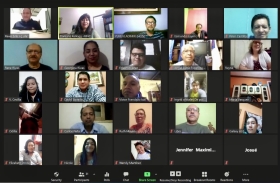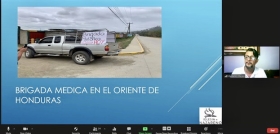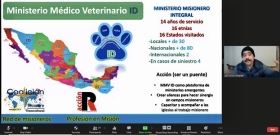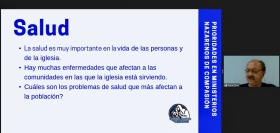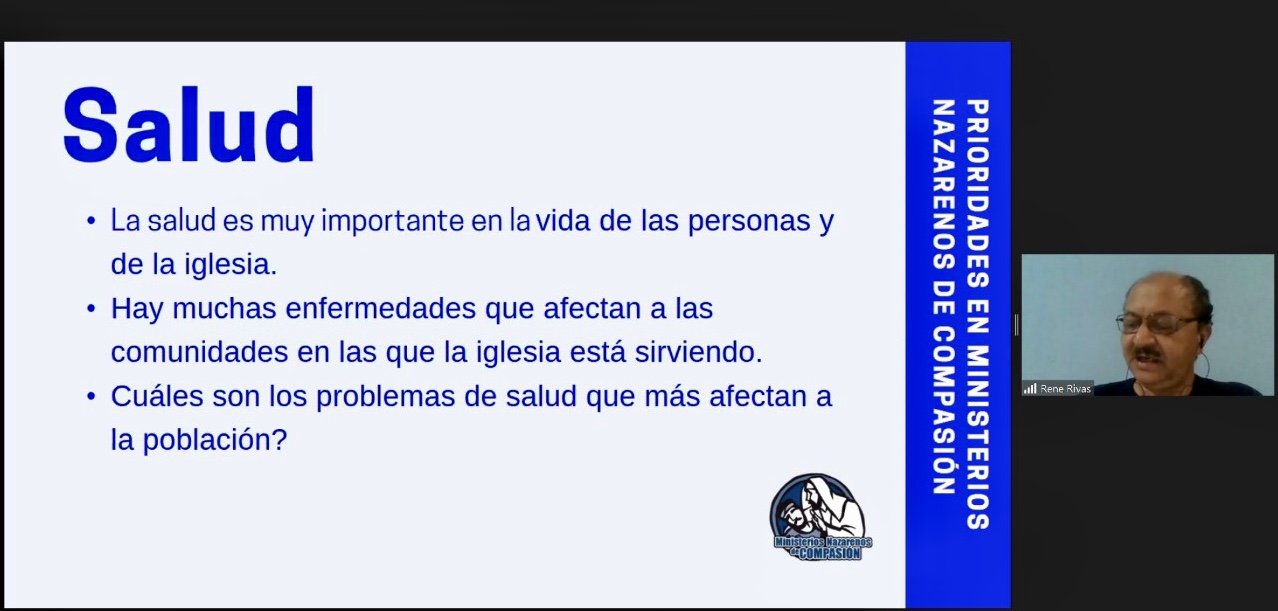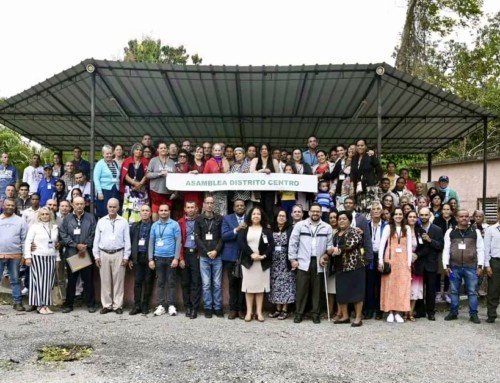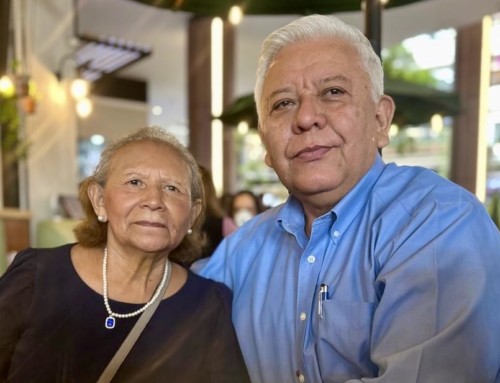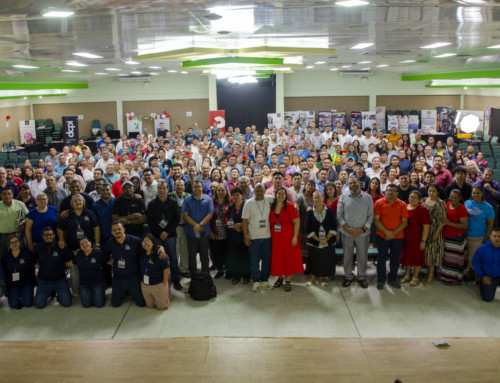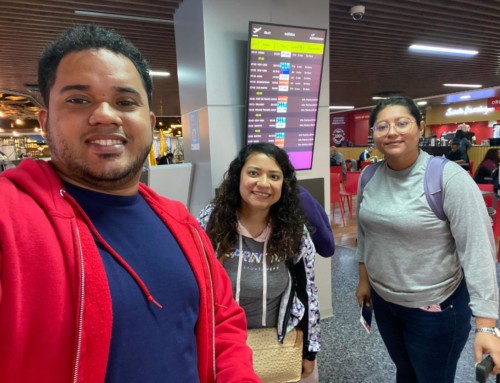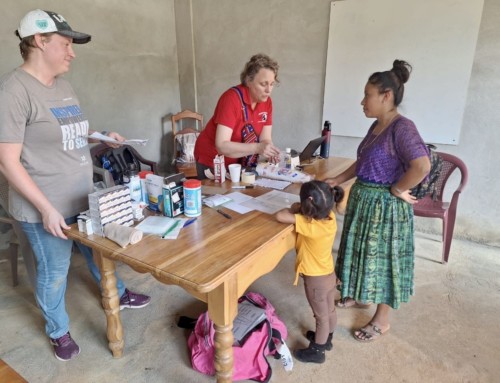Pastors, district superintendents, and Nazarene Compassionate Ministries coordinators from Mesoamerica’s North Central Field received a series of trainings on the importance of caring for the health of members and their communities.
The trainings were carried out virtually every Thursday in March. Participants were encouraged to get involved in the well-being and health of their members and communities. The attending health professionals were encouraged to actively participate in educating their congregations on important health issues.
The trainings were developed by Dr. René Rivas, NCM coordinator of the Guatemala Central District, along with other doctors in the area such as Dr. Georgina Rivas from El Salvador, Dr. Vladimir Mayes from Honduras, and special guests from Mexico.
“I thank God because He allows me to use my profession to develop a ministry of service to people with different needs but especially with health problems,” Dr. Rivas said.
He also expressed his gratitude for the chance to share his knowledge with the NCM coordinators so that they can better serve their communities.
The topics of the training were: The church and health care, How to organize medical brigades, Brigade logistics and response in times of pandemic, Malnutrition, and health issues, and Why is the care and care of domestic and foster animals important?
Damaris Kellogg, the field NCM coordinator, said discussing animal care intrigued the participants since it is not a very common topic.
“Many of our members have breeding animals to sell, from which they obtain resources to live,” Kellogg said. “Taking good care of these animals will give them a better return on their investment.”
Attendees were excited about the information they had been equipped with and look forward to sharing and implementing what they learned.
“We have been trained so that we can continue to share the message of hope in an integral way,” said Rexcenbrik Aguilar, a pastor and coordinator of NCM in Honduras. “[They] have provided us with valuable resources full of experience and ideas, as well as powerful advice and testimony. We feel challenged to share these strategies to our church so that they too can be part of this work of compassion and bring hope in the midst of despair in a society where every day there are fewer opportunities to enjoy and receive medical care.”
